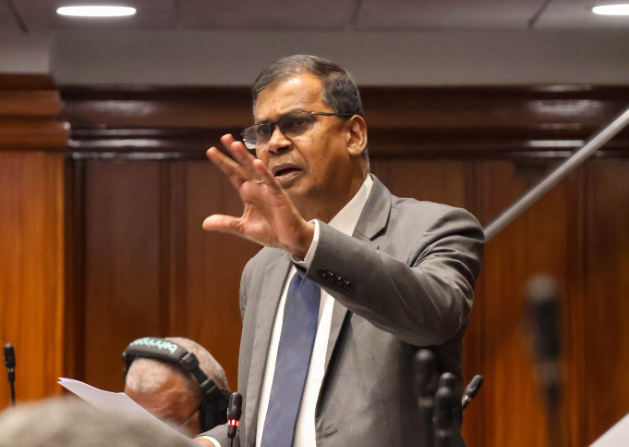National Federation Party MP Professor Biman Prasad told Parliament yesterday that the Education Bill 2025 arrives at a crucial moment, as concerns grow about the quality of education and the complex framework under which various institutions operate.
He made the comments during a second reading debate on the Education Bill 2025 in Parliament yesterday.
“We are now concerned about the quality of education and the framework within which a number of different entities operate,” Prasad said.
Despite issues raised in public debate, he said the bill is necessary.
“From that point of view, as a matter of principle, this bill is very timely,” he told Parliament.
Prasad highlighted governance, inclusivity and equity, and lifelong learning as the bill’s core pillars.
He said governance, accountability and transparency are strengthened through the bill’s emphasis on national oversight bodies.
“Things such as governance, accountability and transparency will be dealt with by the two major national bodies—the Education Advisory Council and the National Curriculum Assessment Authority—along with teacher registration,” he said.
“These are governance aspects which are very important, and they are well consolidated in the bill.”
Prasad also pointed to inclusivity and equity as key drivers of the reforms, noting the bill reflects broader discussions linked to international education commitments.
“This bill is being driven by the discussions we’ve had around meeting the general declaration and the policy issues paper,” he said.
He highlighted the recognition of early childhood education, including the recent decision to regularise ECE teachers’ salaries and employ them full time, calling it “a very important principle of the bill.”
The third major principle, Prasad said, is the bill’s focus on holistic and lifelong education, extending learning beyond traditional school years.
“It covers areas such as students with disabilities, homeschooling, higher education regulation, and the principle of aligning curriculum, assessment and learning outcomes with global best practices,” he said.
“These different areas are very, very important.”



